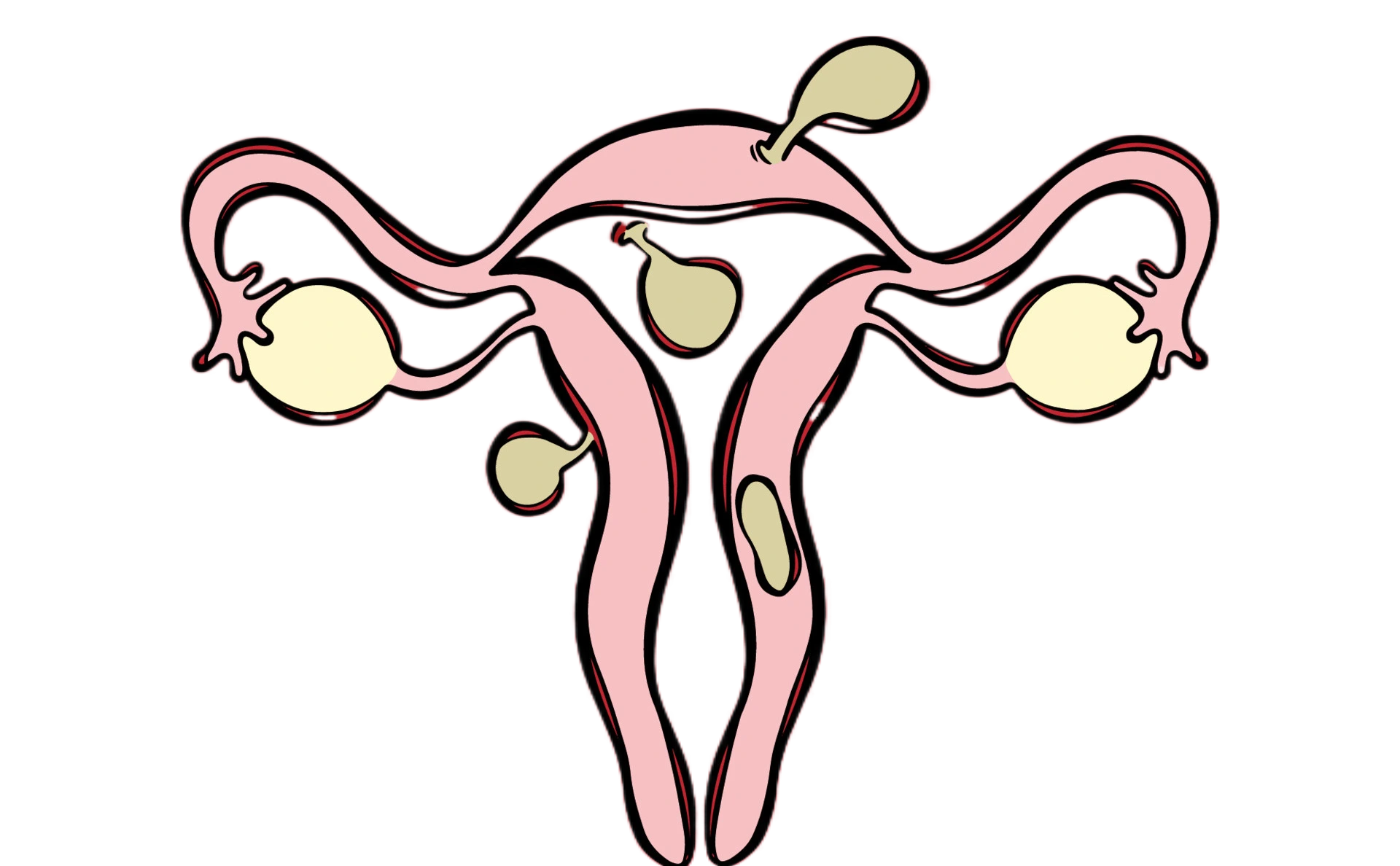
Fibroids and The Ghanaian Woman: Simple Steps to Protect Your Womb 👩💖🎈
By
Deluxe Care Team
|
19 Jul, 2025
0 Likes
|
0 Comments
|
0 Shares
1. What Are Fibroids?
Fibroids (also called myomas or leiomyomas) are non-cancerous growths that develop in or around the uterus (womb). They can be small like a seed or grow very large like a melon. In Ghana, fibroids are very common among women of reproductive age [1][2].
Types of fibroids:
- Intramural: inside the muscle wall of the womb
- Submucosal: under the inner lining of the womb
- Subserosal: on the outer surface
- Cervical fibroids: in or around the cervix
Image: Fibroids
2. What Causes Fibroids?
Doctors don’t know the exact cause, but research shows:
- Hormones (estrogen and progesterone) help fibroids grow
- Family history increases your risk
- Early periods, obesity, and poor diet are linked [1][3]
❗ Eating ayilo (clay) is not proven to cause fibroids. However, eating too much can lead to other health issues like anemia [3].